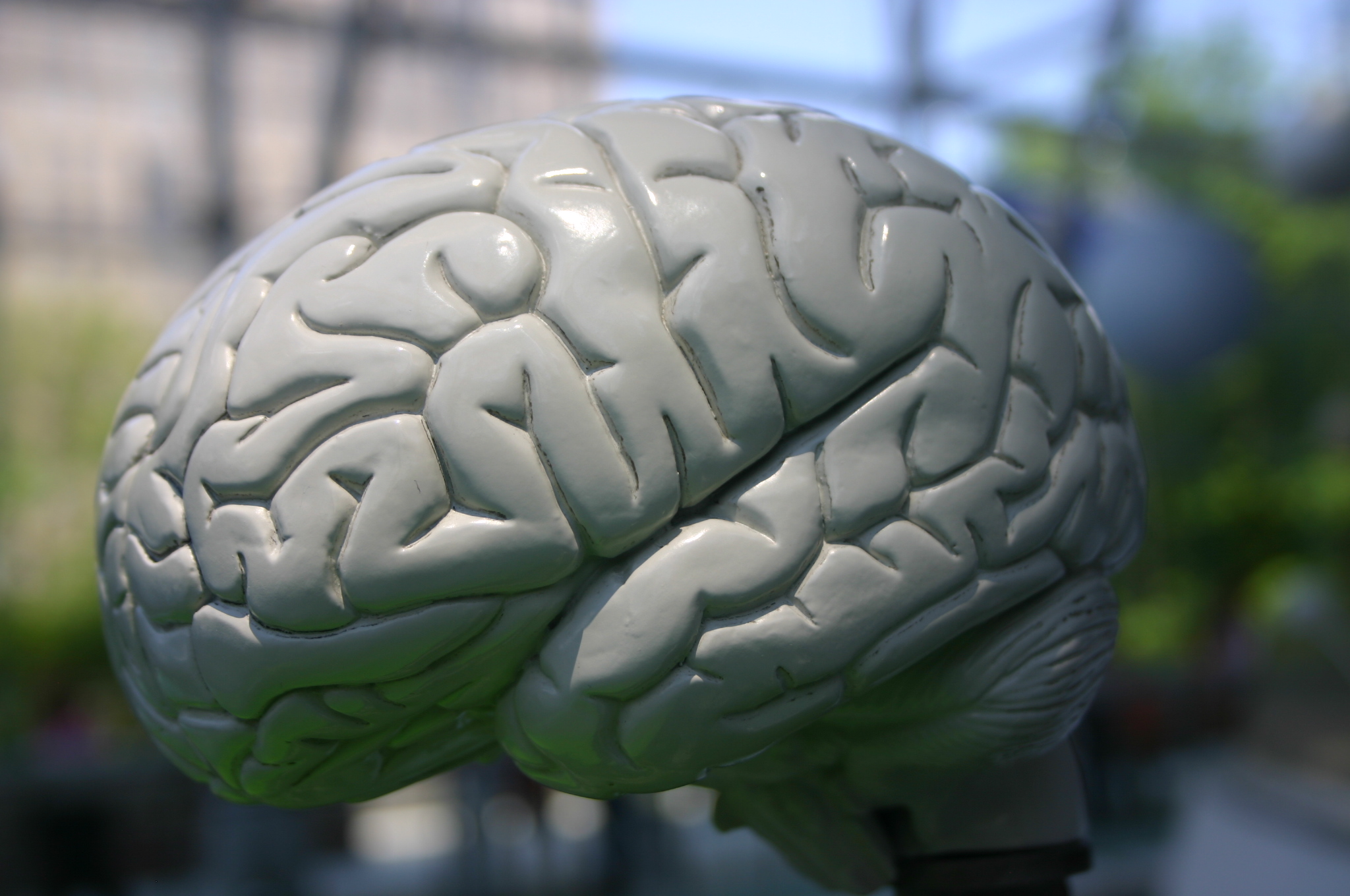
THURSDAY, May 10 (HealthDay News) —
Smell tests should not be used to predict Alzheimer’s disease, the most common form of dementia, according to a new study.
Although there is a link between the two, researchers found other medical problems may cause people to lose their sense of smell, and it may not necessarily mean they will develop the progressive brain disorder later in life.
“A nonspecific association between poor smell function and Alzheimer’s dementia is not the same as actually being able to use a smell test to predict Alzheimer’s,” Dr. Gordon Sun, a general otolaryngologist at the University of Michigan in Ann Arbor, said in a university news release.
“Unfortunately, this misinterpretation of the research has led to the promotion of these tests by the media and public figures like Dr. Oz,” he added. “This study helps set the record straight about where the evidence currently stands.”
In conducting the comprehensive review, the study’s authors examined nearly 1,200 articles dating back to 1984. Two studies that tracked patients over time and 30 studies that evaluated patients at one specific point in time met inclusion criteria.
“Understandably, researchers, clinicians and the public are eager for a simple, accurate, and inexpensive way to predict or diagnose Alzheimer’s early, but we’re not there yet,” argued Sun, who is also a Robert Wood Johnson Foundation/U.S. Veterans Affairs Clinical Scholar at the University of Michigan Medical School.
“My concern is that by promoting smell tests at this point, we create false hope or even false alarm among seniors and their families,” he said. “Additional research is needed before we can rely on smell tests to predict the later onset of Alzheimer’s.”
The study, published online May 10 in the journal Laryngoscope, concluded that patients visit their primary care physician if they are concerned about their risk for Alzheimer’s disease.
About 5.4 million Americans have Alzheimer’s disease, most of them aged 65 and older, according to the Alzheimer’s Association. That number is expected to rise rapidly as the Baby Boomer generation ages.
More information
The U.S. National Institute on Aging provides more information on Alzheimer’s disease.

